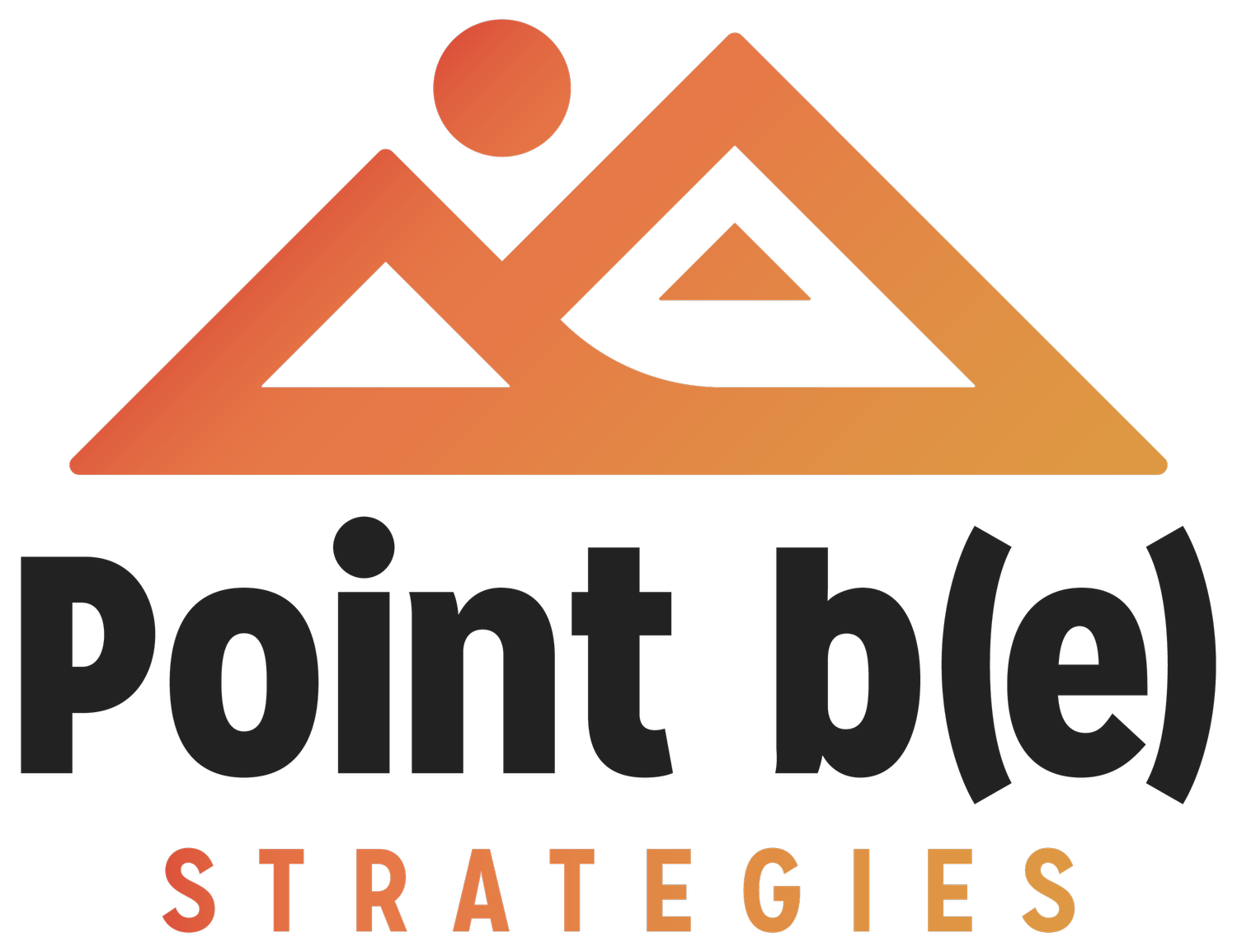Why JEDI?
By Carolyne AshI am often asked by friends, colleagues and clients, “What’s the deal with this JEDI acronym? What does it mean? Why did you choose it? How is it different than DEI?”
Often accompanying these curiosities is an uneasy feeling of “Are we doing this wrong? Are we out of date?”
What is JEDI?
JEDI stands for Justice, Equity, Diversity and Inclusion, and it is what we use at Point b(e) Strategies to frame our approaches. This means that in our work to develop strategic frameworks, champion change management processes, write grants, and manage philanthropic funds, we ground our efforts, our conversations and our strategies in core beliefs that include:
J: Justice – Taking a 30,000-foot view within our conversations and considering the intersecting challenges and opportunities that drive our clients’ work as we seek to change the systems—political, economic, and social—that perpetuate injustices in our world.
E: Equity – Examining the spoken and unspoken, implicit and explicit policies, practices and norms that guide work with our sector that intentionally or unintentionally create or support structural barriers that limit full access and opportunity for others.
D: Diversity – Embracing differences in identity, experience, and perspectives as central to thriving community, knowing that the hardest and most significant conversations happen when we engage with and learn from people who are different than us.
I: Inclusion – Recognizing that positive, affirming, supportive workplaces and communities are necessary to foster and reinforce experiences of welcome and belonging. This includes understanding how we communicate, make decisions, hold each other accountable, build trust, and create safe and respectful environments where everyone feels like they can be their full selves.
There are many other acronyms in our sector – DEI, DEIB, EDI, IDEA, DEIA (B = Belonging, A = Access). If your organization is just starting on its journey (or perhaps feeling a bit stuck within its journey), how do you decide what to call your efforts?
In our work, our clients use many of the acronyms mentioned above, as well as others. One organization that focuses on outdoor recreation prioritizes access and inclusion. Another organization that works within a small and close-knit community prioritizes cultivating a sense of belonging for staff and participants. Other organizations prioritize equity and inclusion, focusing on their culture and practices first before turning outward to engage new people and communities.
We do not suggest that you, your organization, or our sector use the JEDI acronym; instead, we invite you to spend time reflecting upon the needs of your organization, your challenges and strengths, and how these align with your mission and vision for social change in order to determine how you will frame your social change efforts.
